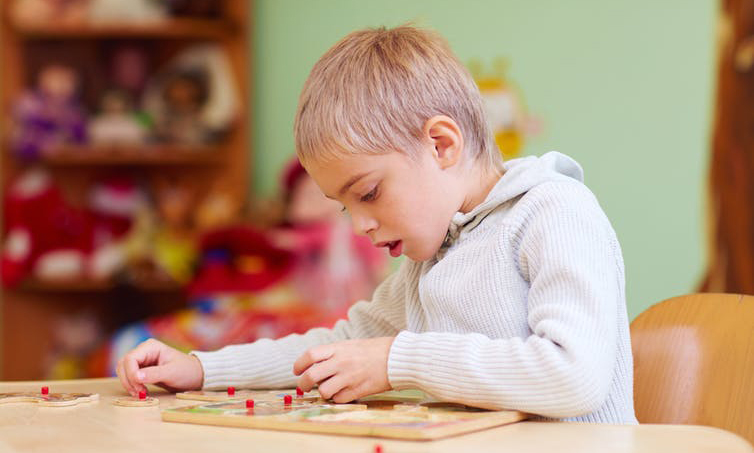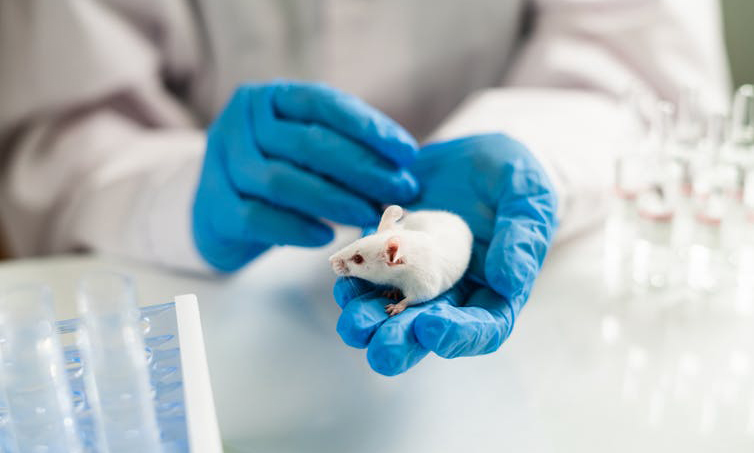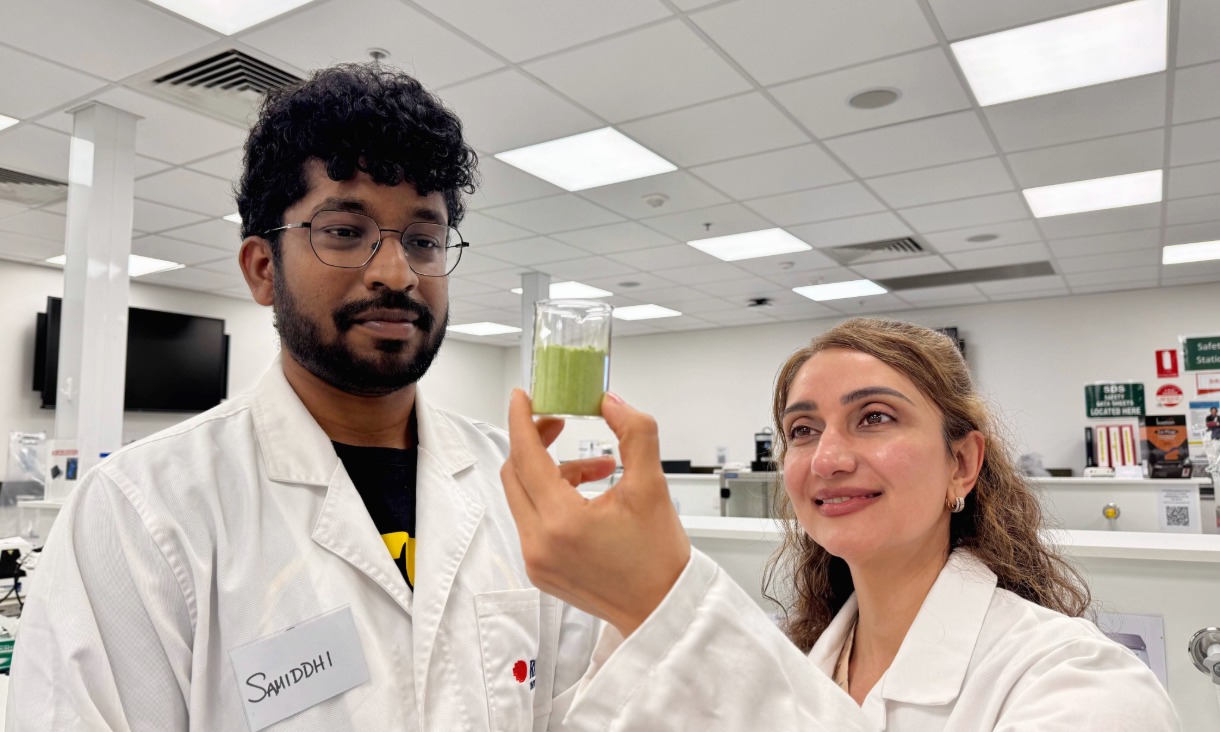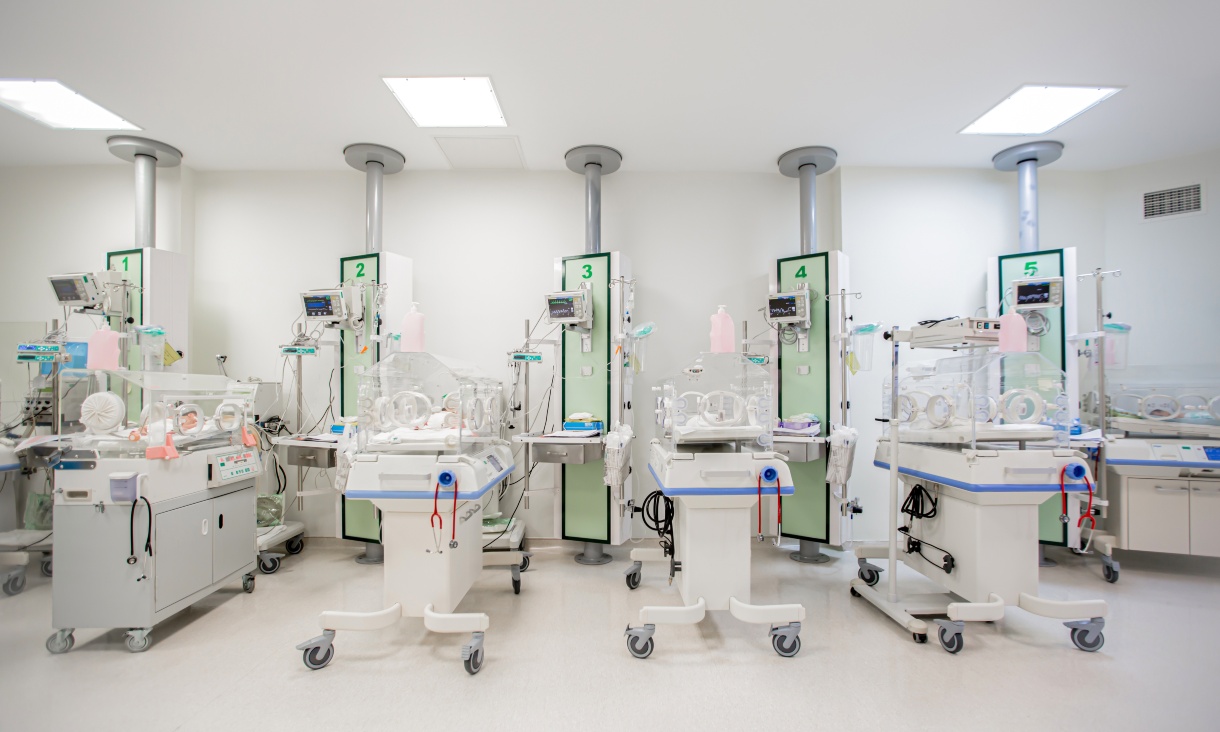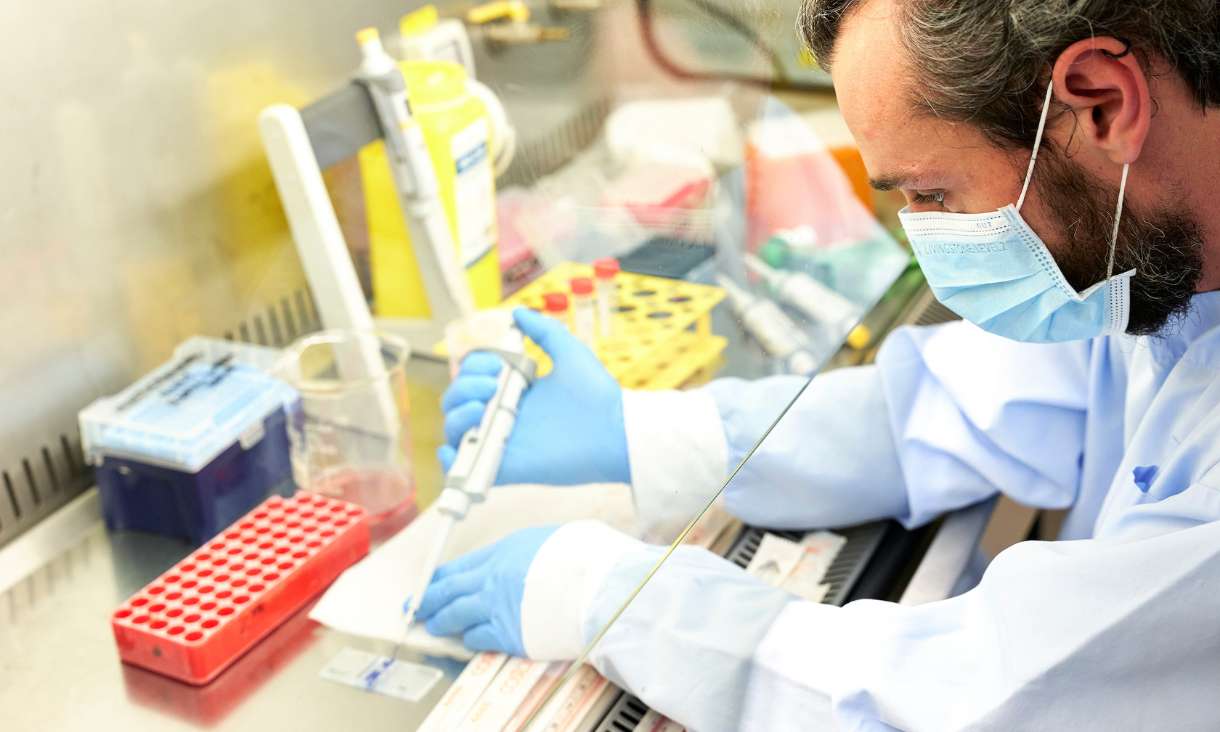Autism has a strong genetic component. More than 1,000 gene mutations are associated with the disorder. Many of these gene mutations alter how neurons communicate in the brain.
We hypothesised some of these gene mutations may also cause neuron wiring to go awry in the gut, resulting in gastrointestinal issues in some people with autism.
Our research
To test this theory, we studied patient records of two brothers with autism, who have a single gene mutation associated with autism that affects neuron communication. We also studied mice.
Mouse models with this specific mutation, called neuroligin-3, have previously shown behaviours relevant to autism, such as altered social interactions, reduced communication and repetitive behaviours.
We found this mutation also affects the enteric nervous system of the gut in mice. Mutant mice exhibited altered gut contractions, and the speed at which food moved through their small intestine was faster than the speed for mice without the mutation.
Meanwhile, both brothers have gut issues including esophagitis (inflammation of the esophagus) and diarrhoea.
So our work shows a gene mutation associated with autism, previously only studied in the brain, could affect the gut too.
The gut microbiota
We also found mice with the mutation had differences in their gut microbiota compared to normally developing mice.
The gut microbiota is the community of microorganisms (including bacteria, fungi and viruses) that live within the gastrointestinal tract. The largest amount of microbiota are found in the large intestine, where they digest some of the food we eat.
The mice we studied with the neuroligin-3 mutation had what’s called an altered Firmicutes:Bacteroidetes ratio.
Scientists have found this ratio is altered in people with a range of conditions including type 2 diabetes, obesity and inflammatory bowel disease.
Why is all this important?
Now that we’re beginning to understand more about the link between autism and the gut, scientists are investigating whether changing the gut microbiota could affect autism behaviours. One way we can alter the gut microbiota is using faecal transplants.
One recent study took faeces (microbiota) from boys with or without autism and transplanted the faeces into mice. The researchers then studied how the offspring of these mice behaved.
The offspring of mice that received microbes from boys with autism showed behaviours that could be relevant to autism (they buried more marbles in their cage bedding, potentially an indication of repetitive behaviour), compared to mice who were transplanted with microbes from typically developing children.

